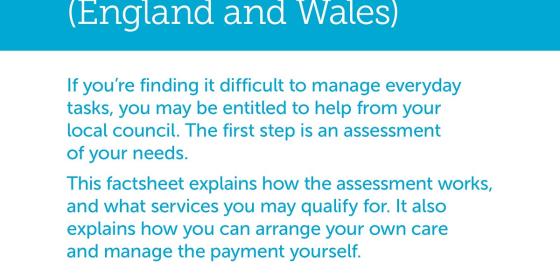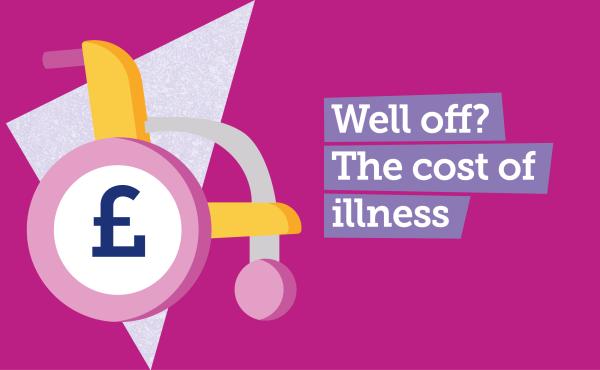
The gender pay gap is – quite rightly – all over the newspapers nowadays. But what about the disability pay gap?
For many disabled people, financial insecurity starts early in life. Living with a disability comes with extra costs, and for some people working isn’t an option.
For those who can and want to work, research has found that disabled people earn an average of £1.50 less an hour (TUC, Disability employment and pay gaps, May 2018) and are more likely to be in a part time (House of Commons Library Briefing, 2018) or low paid (Equality and Human Rights Commission, Is Britain Fairer?, 2018) job than a non-disabled person.
Our research found that one in four disabled adults in the UK report having less than £50 to spend each week after deducting income tax, council tax and housing costs.
It’s no wonder that many disabled people enter older age with financial insecurity.
But what can we do about it?
We need to radically reimagine the workplace
Disabled people face challenges at many different stages in the workplace, from recruitment to promotion.
But it shouldn’t be this way.
Improved awareness of the rights that disabled people have in the workplace – and the ability to assert these rights with confidence – is vital.
This knowledge is especially important for the vast majority of disabled people who develop a disability while they are in work. Approximately 300,000 people a year fall out of work due to health conditions (Centre for Social Justice, Rethinking disability at work, April 2017), and the effect can be devastating.
Libby, one of our campaigners, told us “Losing my career was the single worst thing about becoming disabled… It’s the worst thing that’s ever happened to me. I know how much I have to offer."
Whether it’s an employer offering flexible working, or the government expanding ‘Access to Work’ funding, small adjustments can make a big difference in enabling disabled people to remain and progress in their careers.
And some places are leading the way. Gill, another of our campaigners, remembers volunteering at a local Citizens Advice Bureau.
She said “When I started they told me there wasn’t an accessible lift or a disabled toilet. But they fixed the lift and they put a disabled toilet on the same floor where I was working by refitting the cupboard and a next door toilet! It’s not as expensive as they think.”
We need a social care system that works for people
Many disabled people need social care to live independently. Having carers come in to help a person with their personal needs or to socialise with friends are key to living a dignified and fulfilling life.
Gill recently had an issue with the money given to her by her local council to pay for carers – known as direct payments. She hadn’t had a review for five years and an administrative issue caused a reduction in her direct payments.
This meant Gill couldn’t pay for her carers and, until the problem was sorted out by her local MP, she was extremely worried.
Across the UK, disabled people have told us they are struggling to get the social care they need. According to research published by the Care and Support Alliance, 73% of those who qualify for care aren’t receiving services for at least some of their needs. This means people are unable to get to work, to see friends, to have an independent life.
We need a social care system that works for everyone, one where people are able to get the support they need to live the lives they choose.
The Government continues to delay publishing plans on how we fund care. Join us now and tweet #TimeToCare to keep the pressure on.
Sophie Lock is a Campaigns Officer at Leonard Cheshire.
Have you been affected by any of these issues?
If you have been affected by any of the issues described in this blog, or simply need someone to reach out to, you can call Independent Age’s freephone Helpline for information and advice on 0800 319 6789.
The views and opinions expressed in this article are those of the author and do not necessarily reflect the policy or position of Independent Age |
